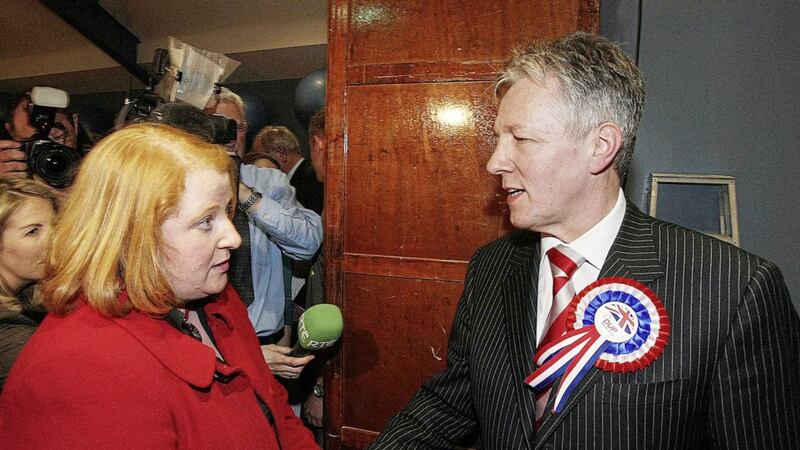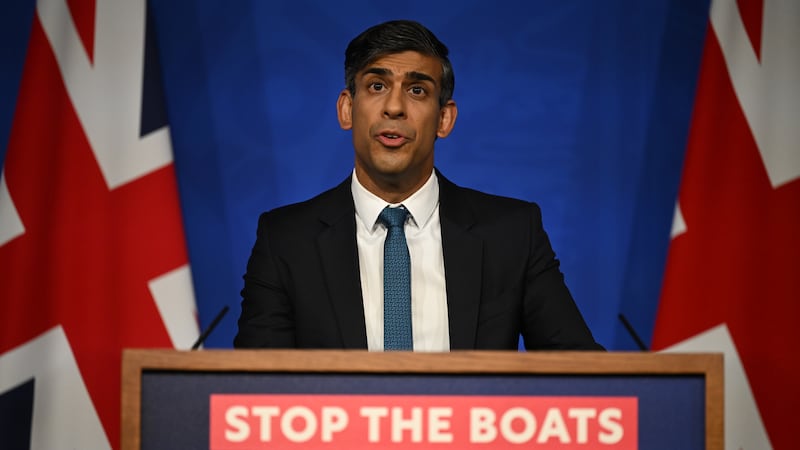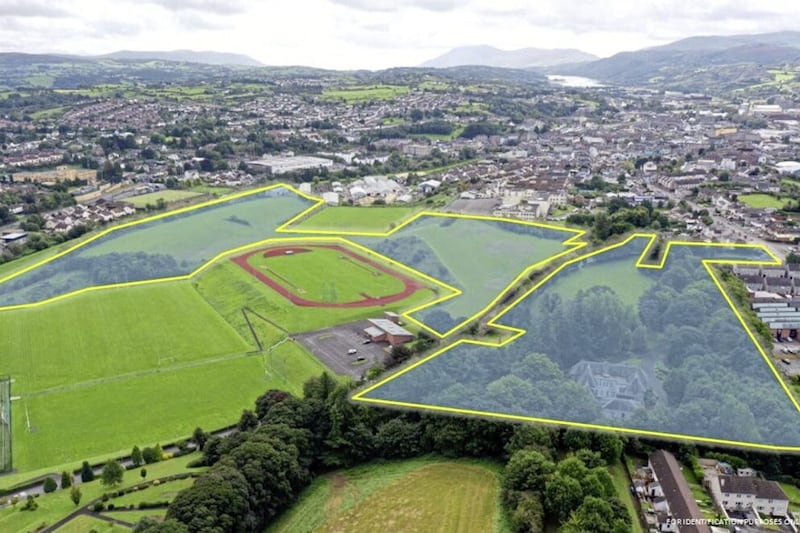SINCE both the British Labour and Conservative Parties are deeply divided internally on Brexit, it was rather optimistic to believe that the two parties might reach agreement on how parliament could find a way forward on the issue.
After six weeks of negotiations, the inevitable happened yesterday when talks to find a common ground between them finally collapsed.
Not for the first time, the Prime Minister's road map for Brexit has had to be torn up.
Mrs May's government now has two options. Either parliament agrees a way forward, or the issue must be returned to the people.
The chances of parliamentary consensus on Brexit are slim. While MPs may be asked to vote on a range of Brexit options, possibly as early as next week, two previous backbench attempts at such a plan have failed to break the deadlock.
The possibility of agreement, either within the Tory Party or parliament, has been considerably reduced by Mrs May's impending departure as prime minister. This is because her successor may have a totally different view on Brexit and will not wish to arrive in Downing Street tied to a policy with which they disagree.
In the likely absence of parliamentary consensus, Mrs May will table her withdrawal agreement bill in the first week in June. Unless there has been some form of cross-party agreement in advance, her proposal is likely to suffer another heavy parliamentary defeat.
That would signal the start of a bitter and divisive Tory leadership race, which would enmesh the Brexit debate in an internal Conservative Party power struggle. It would also delay any parliamentary progress on Brexit until after the summer recess.
Rather than repeat Mrs May's failed battering ram process for Brexit, a new prime minister would be well advised to adopt a fresh procedural approach both in parliament and politics.
A useful first step would be to clarify the views of the British people, either through a second referendum, a general election, or both. If parliament cannot agree on a second referendum, the only way to establish the will of the people will be to hold a general election.
That would leave parliament with a new mandate and, hopefully, a fresh approach to both Brexit and the wider world of politics. It could also spell the end of the DUP's support for the Tories and leave the current Stormont talks more likely to make progress.
The basis for returning to the ballot box is the reasonable belief that since parliament has failed to lead the people on Brexit, the people must be given the opportunity to lead parliament. When politics fails, we must fall back on democracy.







